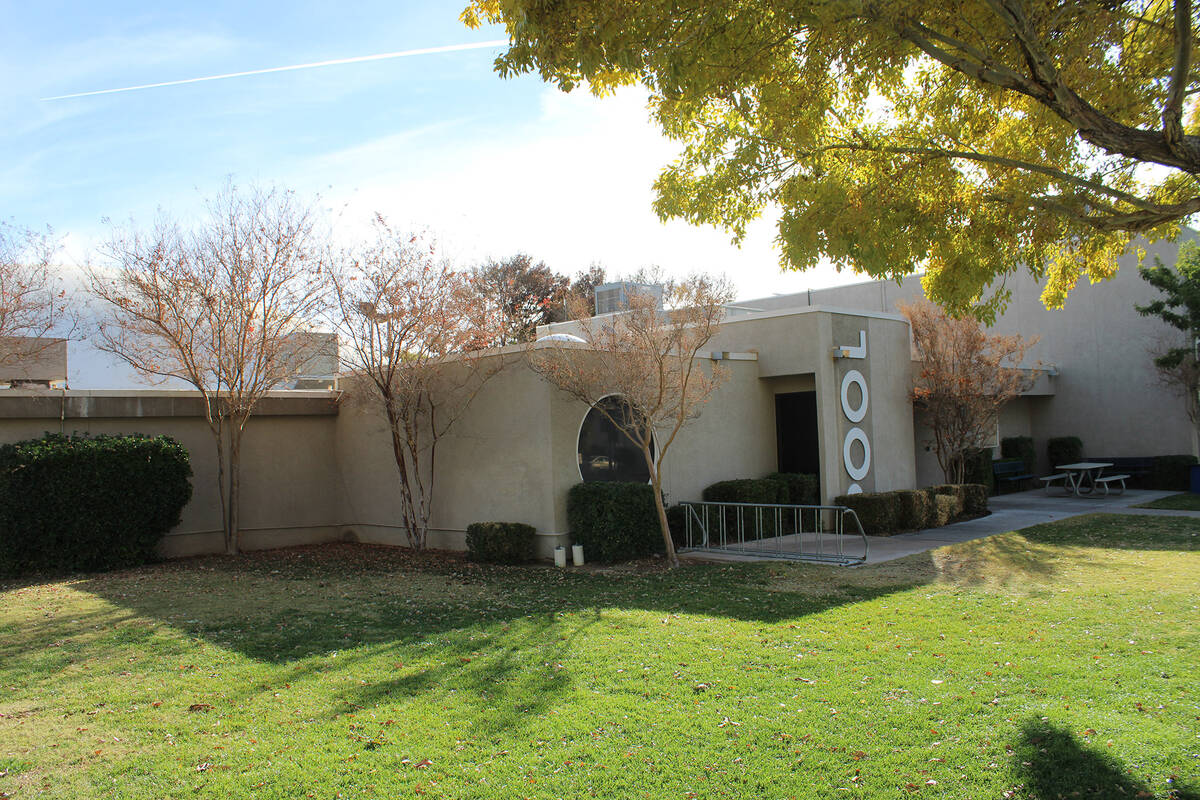Five-year bill for electric upgrades equals $25 million
The thing about cliches is that they take on that status because in each one there is a gem of pure truth.
And when it comes to looking at the city’s five-year plan for capital improvement spending, the cliche that is most apt is the almost 300-year-old gem, “A stitch in time saves nine.”
The idea is that taking care of little problems as they come up saves you from having to deal with bigger problems later. In modern government-speak, the term is “deferred maintenance.”
No one in any position of authority wants to use those words or throw previous administrations under the bus. Especially not in a small town. But the concept is laying there right between the lines of what is actually said almost every time the discussion turns to spending money on physical infrastructure.
All of that said, as the city council prepares to formalize a five-year plan for capital improvement spending, the areas that are up for the biggest dollar amounts —the city pool, the city airport and the electric utility — are all areas that have needed work for years, if not decades.
The one item of those listed that will touch most residents of Boulder City most directly is the electrical utility.
“When Boulder City inherited the electric system from the federal government more than 60 years ago, it inherited a now-antiquated system,” explained Utility Director Joseph Stubitz. “The current power distribution voltage is about 35% of what is standard for today. This results in a system that has two distribution voltages, one at 4,000 volts and one at 12,500 volts. With two distribution voltages, the city must purchase equipment at two separate voltage ratings, increasing both the physical space requirements for storage and the costs of purchasing multiple equipment classes. The higher the distribution voltage, the less electrical losses due to heat and increased efficiency, yielding lower costs over time while greatly increasing reliability.”
What Stubitz is talking about is basically modernizing the city’s electrical grid. It is going to cost a lot — more than $25 million over the budget years 2026-2030 —but it is all necessary because people use a lot more electricity than they did when the system was built.
“The city is embarking on a complete distribution system upgrade that will decommission the 4,000-volt system. Distribution transformers have already been installed throughout the city,” Stubitz said. “The city is upgrading existing 12,500-volt substations (Substations 3 at the east end of Adams, Substation 4 across the street from Adams, and Substation 5 across from Veterans Park) to prepare for the decommissioning of the two existing 4,000-volt substations (Substation 1 behind the city shops and Substation 2 by the baseball fields on Adams).”
And one of the big issues with putting off needed repairs and upgrades is that costs tend to go in only one direction — up. It is just a question of how fast they go up.
“Power equipment manufacturing lead times and costs have all increased following the pandemic,” Stubitz noted. “Inflationary pressures and lead times in the energy sector have more than doubled in some instances. Despite these pressures, the city is still positioned to invest in its electrical system in the most cost-effective manner. Typical lifespans of substations are between 40 and 50 years and this generational investment will set the city up to receive safe and reliable electricity for years to come.”















